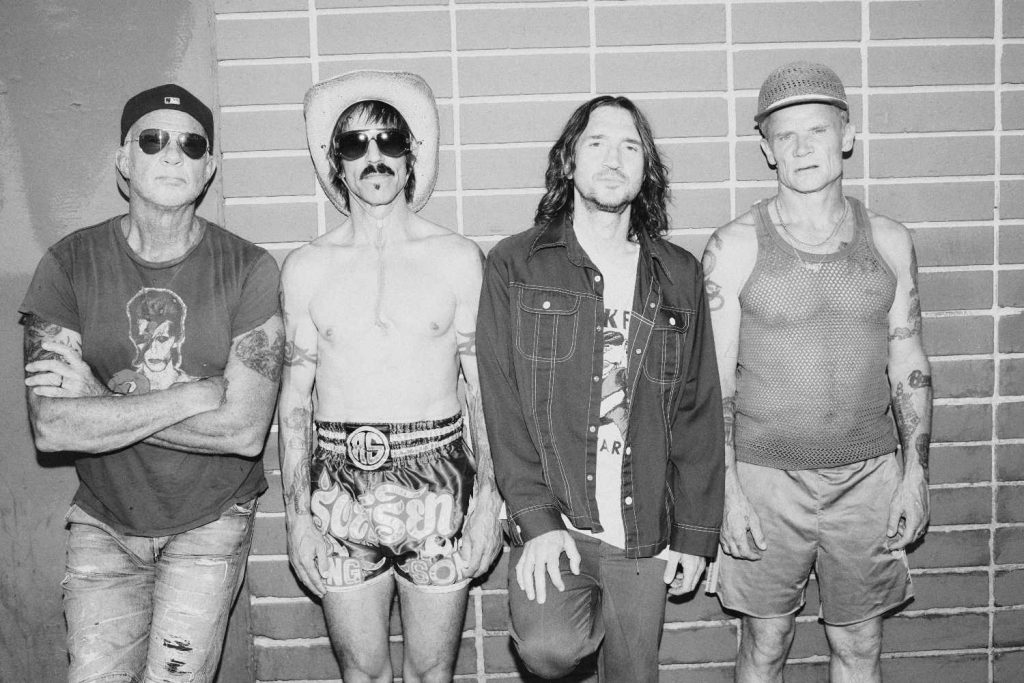Gang Of Four’s influence on modern rock music is undeniable, with U2’s The Edge crediting Gill as a key inspiration, but more importantly, it was Gang Of Four’s sound that was essentially replicated by postpunk revivalists Bloc Party, Franz Ferdinand, Futureheads, The Rakes, and to a lesser degree Interpol. From 1979 until 1995, Gang Of Four released five more albums after Entertainment! then went on hiatus until 2011.

Gill and vocalist Jon King reformed the group to record, release and tour the album Content. However, King had only agreed to come back for one album, so when Gill wanted to release a follow-up in 2015, some tension grew between the oldest of friends and longtime co-conspirators. “We had discussed doing quite a bit of live work following the release of Content,” says Gill. “What it turned into was a couple of weeks in North America and then the Australian trip. We hadn’t really gone much beyond that when Jon said, ‘That’s me done’.” It was amicable, however. “We have known each other for a very, very long time, and sometimes it doesn’t always go well with Jon but that has always been the case,” says Gill. “Right now, he probably finds it odd to see Gang Of Four getting around with a different singer.”
What Happens Next is a bold, new direction musically for Gang Of Four. As with Content, Gill has composed all of the music on the album, however, the instrumentation for the first time has a mostly industrial edge with only few hat tips to the Gang Of Four sound of yore. This new direction is heightened by the inclusion of new singer John Sterry, as well as guest vocals from a range of singers – most notably The Kills and Dead Weather’s Allison Mosshart. The overall result of these elements is a sound that can be best described as neo-Goth. Gill says this new Gang Of Four sound is an appropriate ref;ection of where the band is at currently. “The reason I say that is because every record has always sounded a bit different: to do Entertainment! and then Solid Gold [1981] was a different sounding record – you could see the connections but it was a different sounding thing,” he says. “The difference with this record is that when I began the record, I didn’t really know what I was doing or have a plan, but there were three things that I wanted to do. Number one; that it wouldn’t be looking back and that it wouldn’t have any retro-ness about it. Number two; I wouldn’t impose any rules or restrictions on myself – I would go wherever I wanted with it. And number three; I wanted to do something with collaborators,” Gill states.
As mentioned, the most high profile collaborator on this record is Allison Mosshart, whose half-spoken, sultry vocals contributed to making her main project, The Kills, well recognised and respected worldwide. “The two songs that she features on, ‘England In My Bones’ and ‘Broken Talk’, were two of the first songs written and I got in touch to see if she wanted to come and sing on them and she did. She is a very, very busy woman, so I think I was very pleased that she readily agreed to feature on one of our songs.”







